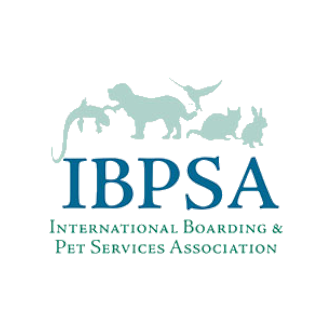Happy Tails Pet Resort
For Dogs
Happy Tails Pet Resort requires proof of the following vaccinations and screenings in written form from the attending veterinary clinic:
Rabies Vaccine, 1-3 years depending on age and vaccine.
Distemper/Parvo Combination Vaccine, 1-3 years depending on age and vaccine.
Bordetella Vaccine (Canine Cough, aka Kennel Cough) within the last 6-12 months depending on vaccine.
All requirements must be met before pets can be boarded. For maximum protection of your pet, Happy Tails Pet Resort recommends vaccinations be administered two (2) weeks prior to boarding.
For Cats
Rabies Vaccine, 1-3 years depending on age and vaccine.
Distemper Combination Vaccine, 1-3 years depending on age and vaccine. The combination vaccine should include protection against Feline Distemper, Rhinotracheitis, and Calicivirus.
Why Are Regular Vaccinations Important?
Our pets are bound to be exposed to infectious diseases at some point. However, many serious diseases can be prevented by vaccination. Even if your pet is primarily kept indoors, they can be exposed to viruses carried in the air, dust, or even on clothing. Vaccination is an inexpensive protection against costly treatment or even the premature death of your pet. Always consult your veterinarian for medical advice and treatment.
RABIES is a fatal infection of the nervous system that affects all warm-blooded animals, including humans. Rabies is a public health hazard. Because there is no cure for Rabies, vaccination is your pet's only protection.
DISTEMPER VIRUS can often be fatal, even with treatment. The virus attacks the upper respiratory and central nervous systems of dogs. Symptoms include eye and nose discharge, sneezing, depression, anorexia, fever, diarrhea, and neurological signs such as muscle spasms and seizures. It is highly contagious.
PARVO VIRUS can often be fatal, even with treatment. It is transmitted through contact with the feces of an infected dog. Signs include vomiting, fever, diarrhea, and depression. It can be very severe in puppies ages 4-6 months and certain breeds such as Doberman Pinschers and Rottweilers seem especially sensitive to this virus.
BORDETELLA (Canine Cough, aka Kennel Cough) is an upper respiratory infection that that affects dogs, which causes a dry, hacking cough that persists for weeks. It is a highly contagious, mostly airborne virus. All dogs are at risk when coming into contact with infected dogs. It is highly treatable in most dogs but can be more severe in puppies younger than six months and immuno-compromised dogs. Symptoms for Canine Distemper and Canine Influenza are nearly identical to Canine Cough. It is important to keep in mind that even with vaccination, some dogs can still contract and/or carry the virus depending on the strain of the virus and their immune system.
FELINE DISTEMPER is a highly contagious, life-threatening infectious disease in cats caused by the panleukopenia virus. It can be transmitted through bodily fluids, feces or fleas. Symptoms include vomiting and/or diarrhea, loss of appetite, fever and dehydration.
FELINE RHINOTRACHEITIS, aka feline influenza, is a respiratory infection that affects the lungs and may even be fatal in some pets. The virus is spread through direct contact with an infected cat or objects that have been contaminated with viral particles. Symptoms involve the throat, nose and eyes and include sneezing, nasal congestion and conjunctivitis.
FELINE CALICIVIRUS is a highly contagious disease that attacks the respiratory tract, the mouth (with ulceration of the tongue), the intestines and the musculoskeletal system. Symptoms include loss of appetite, eye and nasal discharge, Pneumonia, difficulty breathing, arthritis, lameness, painful walk and fever. The virus is transmitted by direct contact with the saliva or ocular and nasal secretions, or contact with contaminated objects.

